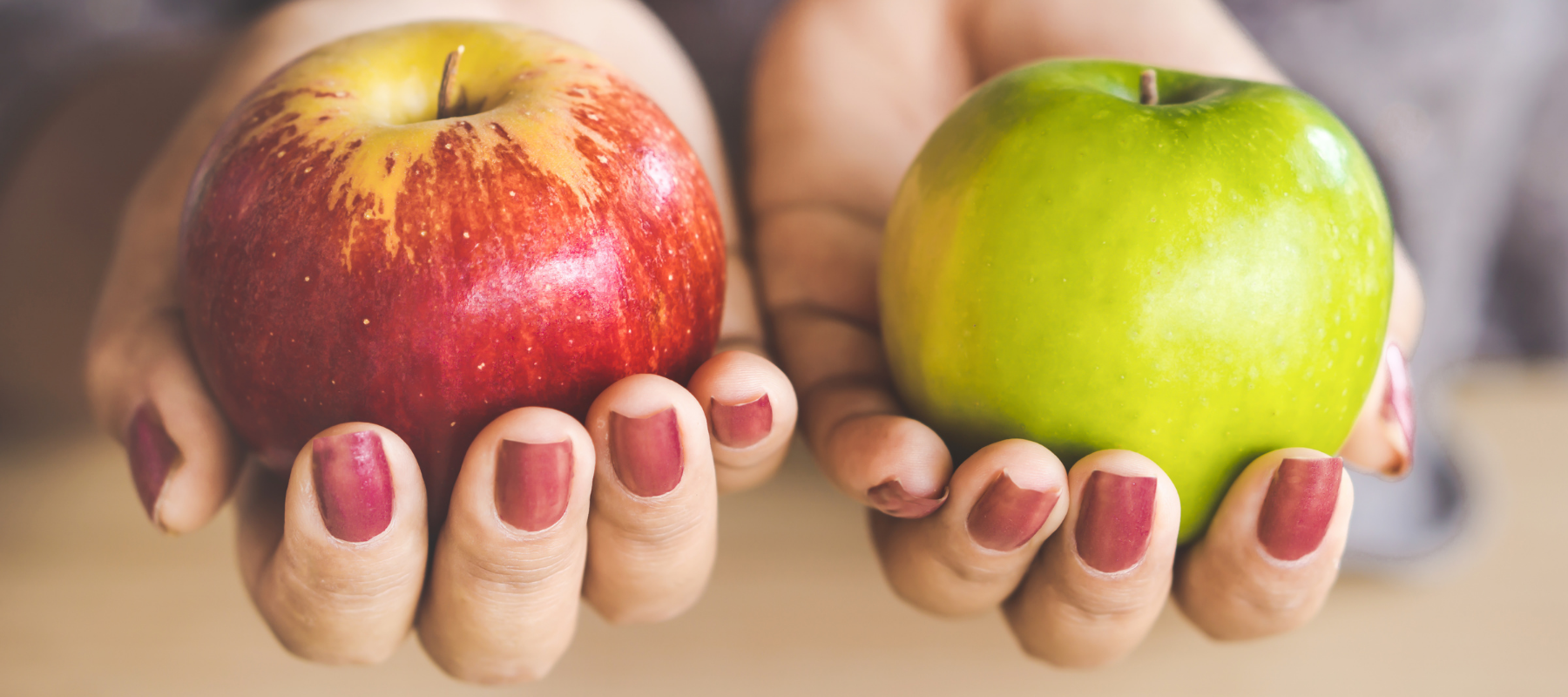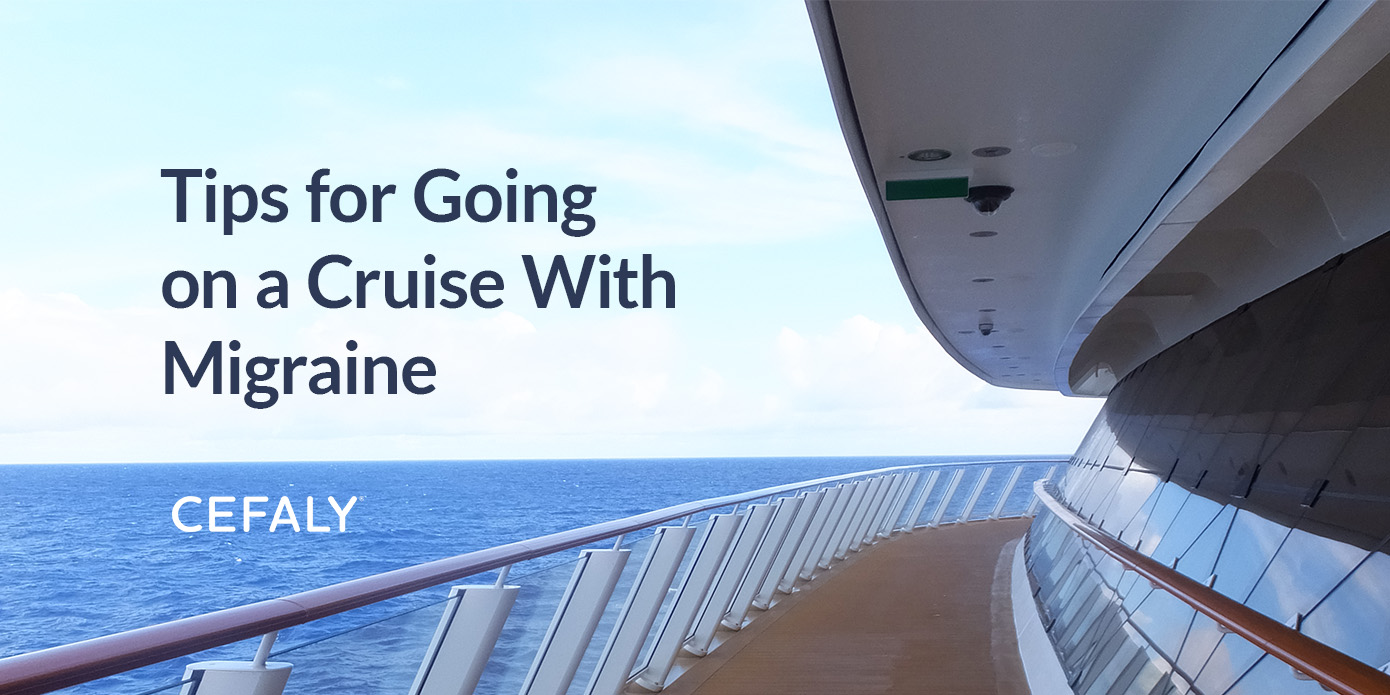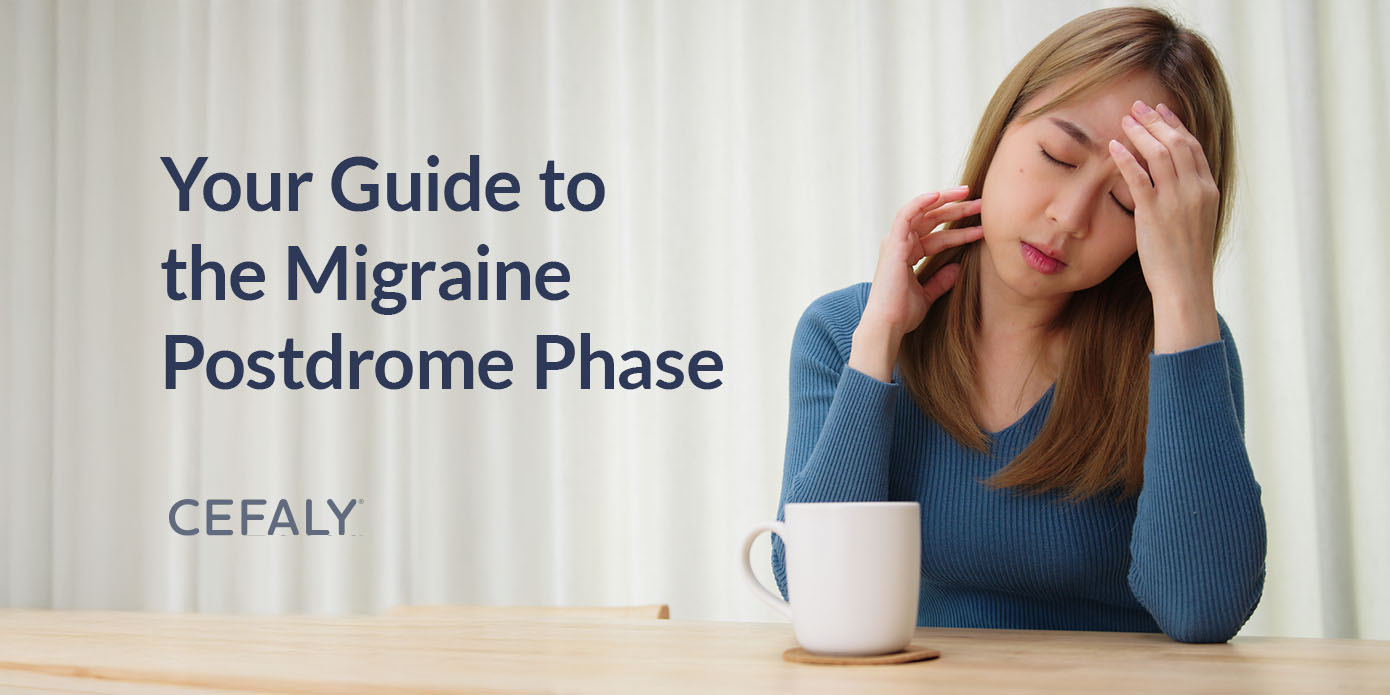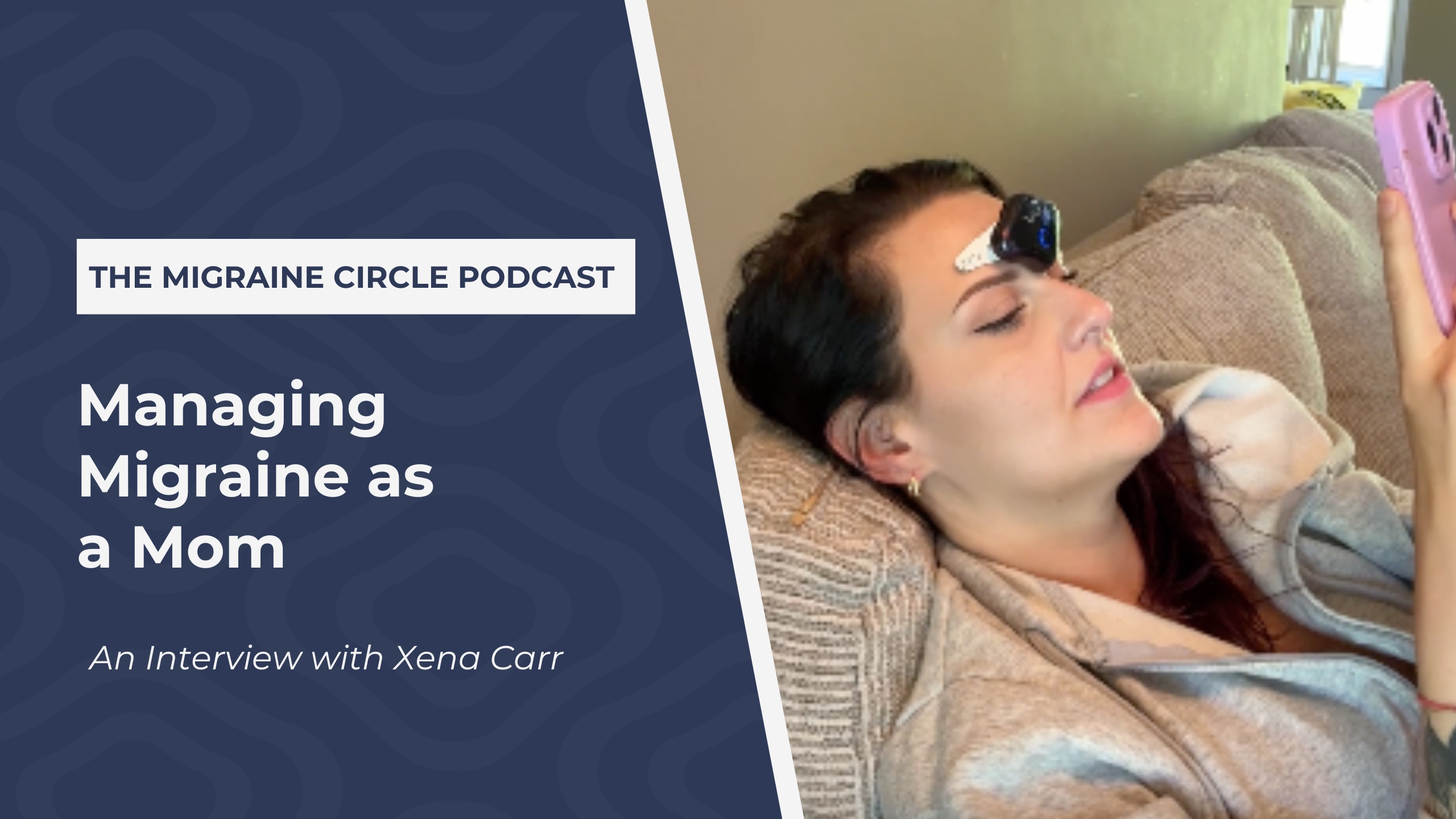Vacations are essential for rest and relaxation. You get to take a break from work, spend valuable time with your loved ones and explore new destinations. However, you might find your vacation disrupted by a migraine flare-up.
It’s not just bad luck. Vacation migraine is a real phenomenon that can be triggered by various factors, from weather changes to stress.
While there’s no magic trick to prevent vacation migraine, you can lower your risk by raising your migraine threshold. Start taking action to make yourself less vulnerable to triggers.
Here is more information on vacation migraines and how to prevent them.
What is vacation migraine?
Vacation migraines are migraine attacks that happen during a vacation. More severe than typical travel headaches, this type of migraine can happen due to a variety of reasons, such as:
- A sudden decrease in stress: Vacation migraine often occurs because of abrupt changes in stress levels. Vacation planning is stressful, from booking hotels and transportation to making it to flights on time. Once you arrive at your vacation spot, many of these stresses disappear. This sudden letdown of stress could trigger a migraine attack as your body tries to reregulate its stress hormones.
- Changes in routine: For many people, a sudden shift in patterns can trigger a migraine attack. In everyday life, you might try to keep a consistent eating, sleeping and activity schedule to prevent migraine. But vacations typically involve changing your routine — sleeping in, trying new foods, relaxing at different points in the day. You could experience a migraine attack as a result of these changes.
- Dehydration: Not getting enough water is another common migraine trigger. Dehydration is more likely to occur during vacations because you’re in the hot sun or engaging in physical activity, or because your access to water is limited.
- Other travel stressors: Various other vacation stressors could prompt a migraine attack. For instance, a delayed or canceled flight might cause you to get overly stressed.
A sudden vacation migraine attack can feel incredibly frustrating. You plan vacations for refreshment, but these attacks can keep you from enjoying yourself.
Learn How CEFALY Prevents & Relieves Migraine Pain
Tips for avoiding vacation migraine
You can use different strategies to avoid a traveling headache or vacation migraine. Try these tips for migraine prevention.
Taking off work a few days before vacation

Because a sudden drop in stress can trigger migraine, it’s important to stay relaxed on the days before your trip. Do your best to reduce stress in the days leading up to your break. If possible, build in a buffer zone of two or three days between the end of work and the beginning of your vacation. You could use these days to make final preparations or for extra time to get into a relaxed mood.
Stress is one of the biggest causes of migraine. Staying aware of common stressors or bodily signals of stress can help you manage it. During these extra days before vacation, use stress management techniques to help lower stress levels.
Try techniques such as:
- Progressive muscle relaxation
- Breathing exercises
- Meditation
- Exercise
Asking for help with trip planning
From comparing hotels and vacation rentals to buying travel insurance, planning your vacation can be overwhelming.
Managing vacation logistics is a challenge, especially when planning for the whole family. If it stresses you out, ask someone else to take the reins. That might be a spouse, partner or even a travel agent. Travel agents are on the rise again, as many people want guidance they can trust.
A travel agent can:
- Find the perfect place to stay.
- Snag special deals and freebies.
- Act as your advocate when things go wrong.
If you go this route, tell your agent you experience migraine and explain any limitations you may have. A travel agent might be able to arrange certain accommodations, such as a room on the quietest side of the resort or a request for the housekeeping staff to use fragrance-free cleaning supplies.
Using your regular migraine prevention techniques
Vacation can tempt you to scrap your regular routines. Whether sleeping late, eating a four-course meal or sipping prosecco, you change your typical routine significantly.
The only problem is that migraine hates change. Shaking up your usual patterns can trigger an attack and ruin your plans. Instead of immediately shifting into a different lifestyle, try to ease into things on your vacation. If you maintain your normal routine as closely as possible, you’ll reduce the opportunity for migraine triggers to occur. Try these tips for keeping to your routine while on vacation:
- Stick to your regular sleep-wake schedule, and try to get a full eight hours of sleep.
- Choose foods and drinks that are migraine-friendly.
- Eat at typical times, and don’t skip meals.
- Remember to drink enough water, especially if it’s hot.
- Keep up with your exercise routine (or a pared-down version of it).
- Continue your migraine prevention routines, including using CEFALY’s PREVENT program for 20 minutes daily.
Even if your vacation is months away, the time to invest in drug-free migraine prevention is now. CEFALY is an FDA-cleared medical device that’s clinically proven to quickly treat acute migraine attacks and prevent future episodes. Try it for 90 days with our money-back guarantee!
Contact CEFALY Today
Everyone deserves to have a stress-free and refreshing vacation. At CEFALY, we understand the challenge of living with migraine, and so we created a different type of migraine solution.
The clinically proven CEFALY device targets the trigeminal nerve, which is responsible for migraine pain. Sending small electrical pulses to the nerve can reduce the frequency and severity of your migraine attacks. You can use CEFALY daily as a prevention measure or to relieve pain and other symptoms when a migraine attack begins.
CEFALY is portable, making it simple to carry during your upcoming vacation. To get started with CEFALY, browse our products today.

[i] Lipton RB, Buse DC, Hall CB, et al. Reduction in perceived stress as a migraine trigger: testing the “let-down headache” hypothesis. Neurology. 2014;82(16):1395-1401. doi:10.1212/WNL.0000000000000332
[ii] https://www.sciencedaily.com/releases/2014/03/140326181915.htm













